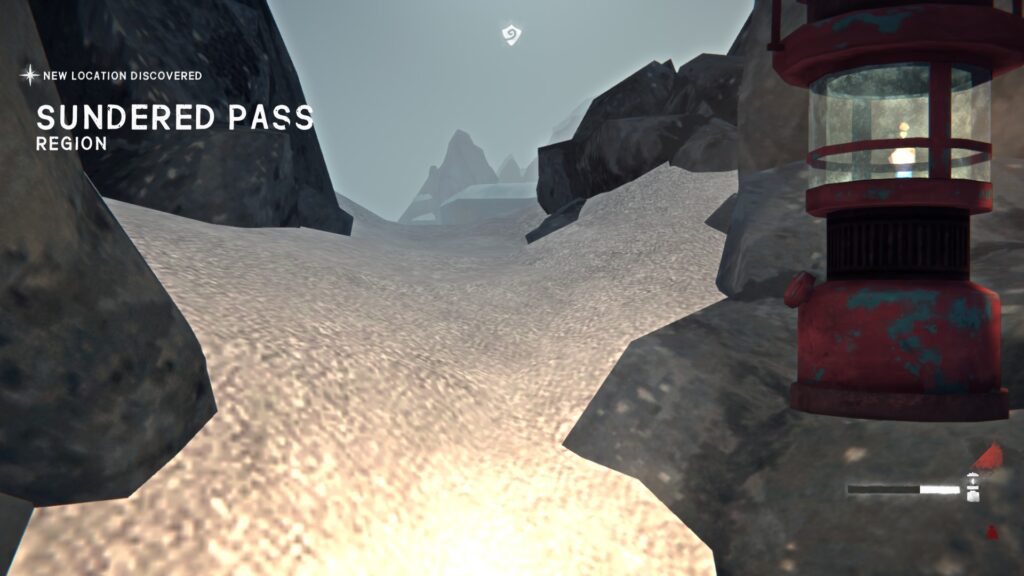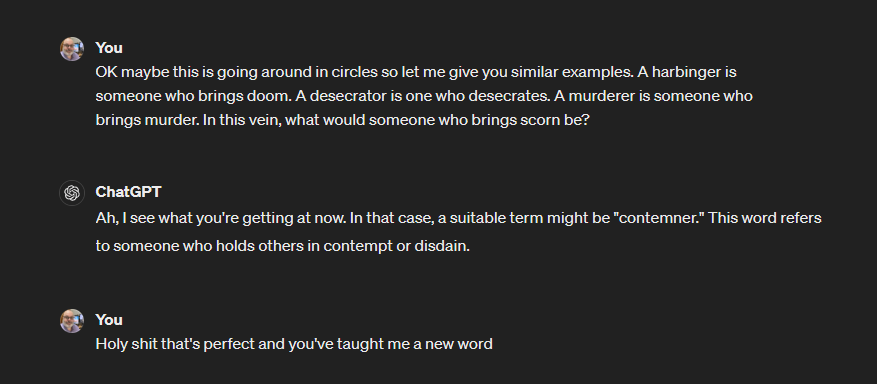Weekend planning post
Disclaimer: no actual planning in this post
It’s the weekend and my personal sense of duty is telling me I have a lot of projects left over from last weekend and I should do them all and then invent new ones. What projects do I have? I have an Intel NUC I want to boot up, install something Linux-y, and configure as a reverse proxy. I have a 3D printer kindly lent to me by a coworker and several things I want to print. I have a D&D map of my epic fantasy city, Kopno’domas, Jewel of the Rusva Vesta, that I need to finish. And a bookshelf I need to repair so I can get these piles of books up off the floor.
That’s just off the top of my head. I also signed up for a tour of the new wing of the Portland Airport; my dad is kind of excited to go and see it. He worked there for a couple of decades as an electrical inspector, so it’ll be like old home week to him. I’m feeling ambivalent about it; not feeling great, don’t want to catch any of the many incredibly contagious diseses that our society has decided is no big deal, and I’m very introverted and am not looking forward to being around people.
Also I’m obsessed with playing 7 Days to Die now that it’s reached release status after being in Alpha for nearly 12 years. This game just satisfies my process-loving brain. The cycle of kill zombies, loot points of interest (POIs), craft better gear, repeat, just hits that sweet spot of simple problems solved by easy tasks. There are no gray areas, no ethical dilemmas, in a zombie survival game. Everything is reduced down to the basics. I can play this for hours. There’s always one more thing to do. Oh now I have a stack of rocks and clay, I can make cobblestone, which I can use to build up my base. Oh, I ran out of ammo, need to go out and mine some nitrate and coal, wait now I need lead, back to base to crank out some brass and lead and bullets.
‘Round and ’round it goes. Every success means I can move on to the next part of the cycle. There’s no natural stopping point, every step just unlocks the next step. Not everyone finds that fun but I find it super relaxing. Plus I get the satisfaction of killing mindless enemies. Don’t think too deeply about that. In real life I’m a pacifist who has vowed to never touch a gun again.
With the caveat that I will pick up a gun in the event of a zombie apocalypse or evil alien invasion. Only then. Won’t shoot any natural earthly creatures. I’m a man of my word on that. I don’t even kill spiders unless it’s accidental. I move them out of the house, turning them loose, if they get in my way. And you have to understand how much I fear and hate spiders. It’s a lot.


